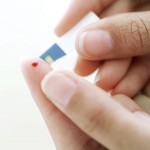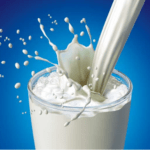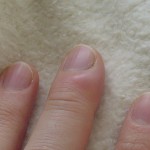Huffpost – 8 Surprising Ways To Lower Your TII Diabetes Risk

A diabetes diagnosis isn’t inevitable, according to Gayl J. Canfield, PhD, RD, Director of Nutrition Research at Pritikin Longevity Center in Miami, Florida. It comes down to living a healthy lifestyle and doing all the things you already know you should do: keep your blood glucose (blood sugar) under control, eat healthy, exercise and monitor […]















